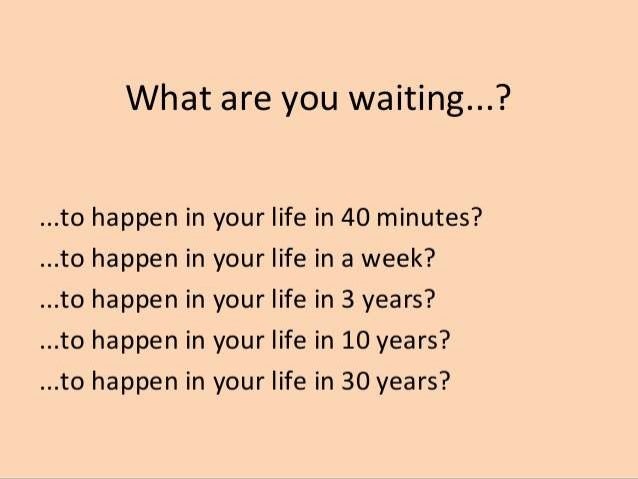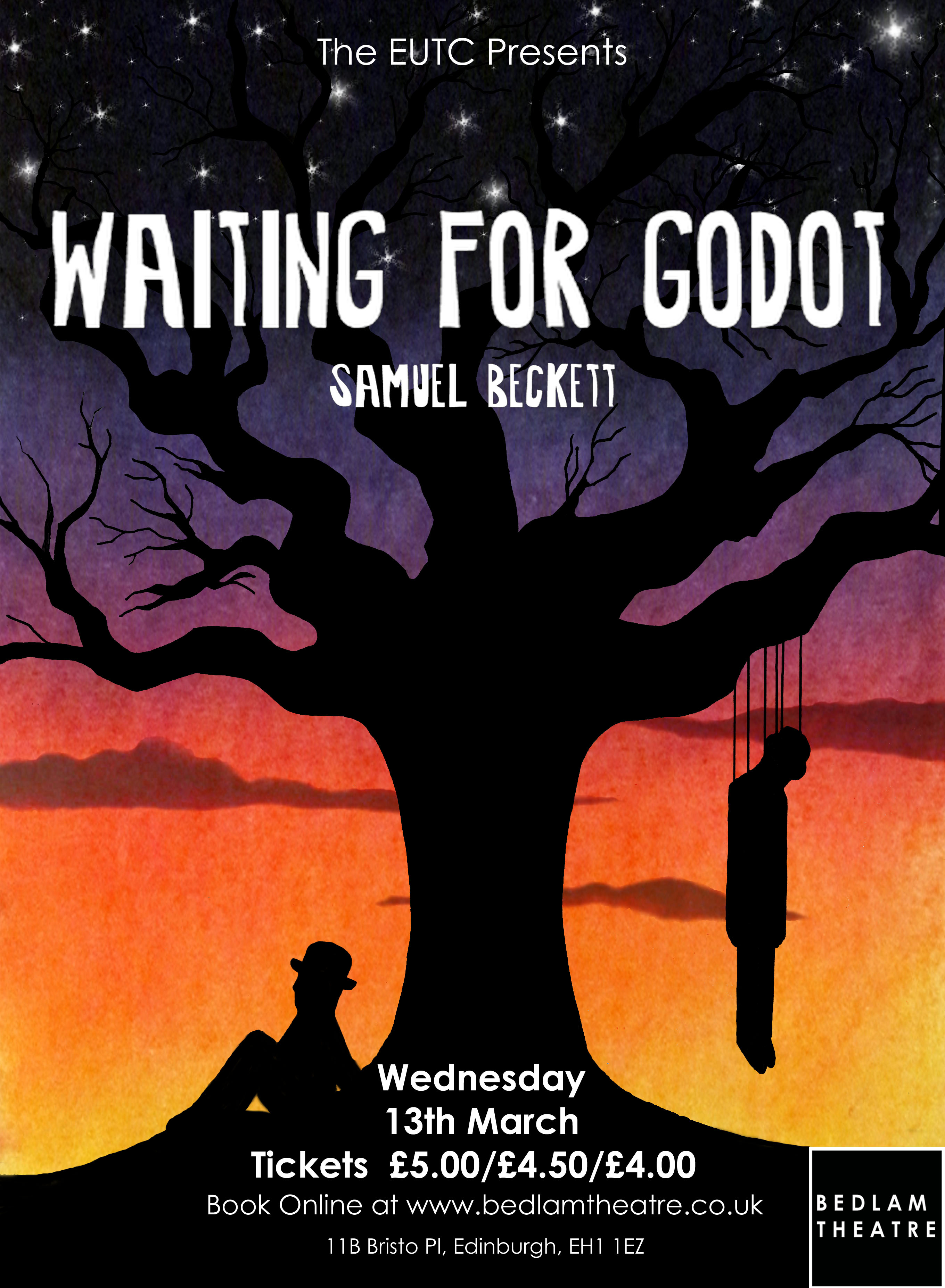
The Ordeal of Waiting, Ignorance and Impotence, BoredomĪ third interpretation regards the play as a presentation of the ordeal of waiting. According to this interpretation, the play is a picture of the pointlessness of human life. So, Godot is nothing but a name for the fact that the life which goes on pointlessly is wrongly interpreted to mean waiting for something. The people actually do not wait for anything. The majority of people in today’s world do not after all give up living despite life’s meaninglessness and pointlessness. It is another matter that they still want to go on living. The two tramps are dimly aware of the want of action in their lives and of the pointlessness of their existence. The play seeks to capture the mood of such people and has therefore a more or less general application. In our world today many people have begun increasingly to feel that they live in a world in which they do not or cannot act but are simply acted upon.

The world has become empty for them Where a world no longer exists, there can no longer be a possibility of a collision with the world. The two heroes or antiheroes, are merely alive, but no longer living in the world. The playwright wishes to convey to us that life is devoid of action and that human beings have been pulled out of the world and have no longer anything to do with it. According to this other interpretation, the play i fable about a kind of life that has no longer any point.

Thus, the play may be regarded as a picture of human attempts to fiddle through life.Īs a Picture of the Pointlessness of Human Lifeĭifferent from this somewhat positive approach is another which is entirely negative. The play is about life on earth, not hereafter. It does not matter much who Godot is because the play is not about Godot but, as its title states, about the waiting for him.

Godot symbolizes the greatest of these hopes, namely, that there is some point to existence, that we are keeping some mysterious appointment on earth, and are therefore no random scraps of life. Thus, the four characters add up to a picture of humanity at large, and the play is more than anything else, about the attempts of human beings to fiddle their way through life, setting up a wall of hopes and pretenses between themselves and despair. In other words, we suffer with Estragon and Vladimir, their fears, their hopes, their hatreds, and their loves but we view Pozzo and Lucky through the eyes of the amps and therefore see in them only the social surface of life. Similarly, Pozzo and Lucky make up a person or a community viewed objectively, Pozzo being the exploiter and the user of ideas, Lucky the exploited and the creator of ideas. The two tramps in the play, according one interpretation, are wo parts of a person or of a community seen subjectively, with Vladimir representing the more spiritual part and Estragon the animal.


 0 kommentar(er)
0 kommentar(er)
